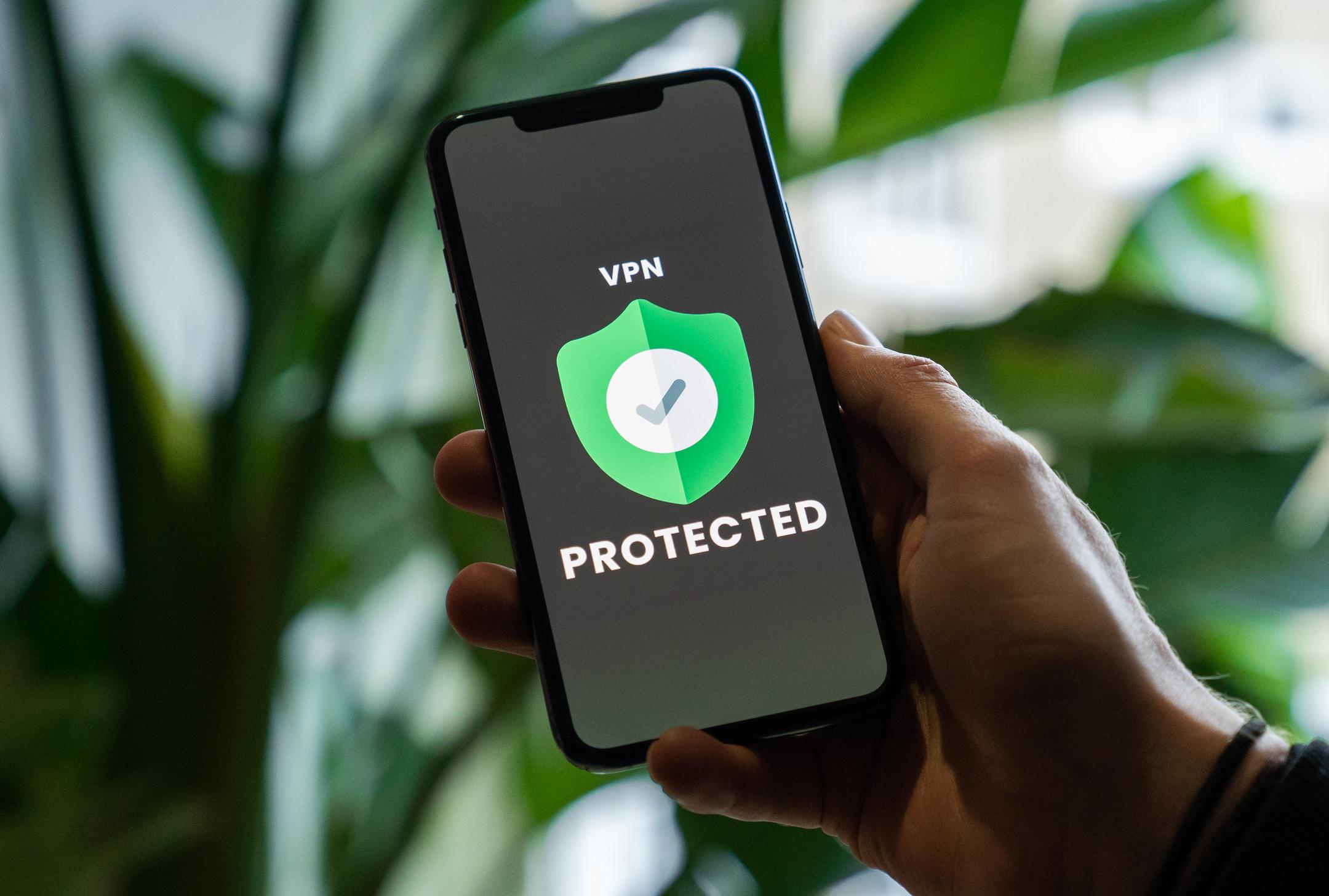
There’s nothing more important to your telecom business than giving your customers a safe, secure, and hassle-free experience. Your callers need assurance that as members of your network, they can safely make calls as needed and not have to worry much about being preyed upon by scammers passing themselves off as legitimate callers. But the proliferation of robocalls makes maintaining a safe customer experience a more difficult task.
Robocalls are just one way in which scammers may try to reach you on a personal or work phone, and they’re an annoyance many people are familiar with. You could get several within a single day and hundreds throughout any given year, and if one of these numbers is spoofed and made to appear as a legitimate caller or even someone you know, they may be able to gain access to personal information and cause more serious problems.
The problem of robocalls is such a serious one that the federal government has taken broad, sweeping action to combat it via the TRACED Act. This law mandates that all telecom service providers in the United States implement the STIR-SHAKEN protocol within their networks, introducing security robocall blocker functionality that keeps customers safe from scams and allows them to securely make and receive calls as needed.
In this blog post, we’ll go into further detail regarding security robocall blockers and why they’re an important part of combating robocalls and making your customer experience as safe as possible.
As mentioned previously, robocalls are generally more of an annoyance than anything for the average person. One can get a high volume of them over any given period of time, as millions of these calls are made to American consumers every day. Someone answering one of these calls may often be able to tell that it isn’t legitimate and simply hang up fairly quickly, but problems arise when the fraudulent nature of the call isn’t as obvious.
Say, for example, that an older consumer that wasn’t as aware of the commonality of these scam calls were to answer a robocall that sounds like it could be relevant to their finances, business, or other matters in some way. The possibility of the call being a scam may not occur to this person until it’s too late and they’ve already provided important personal data, putting them at serious risk in any number of ways.
The most clear and prevalent solution to the robocall problem is to simply block any call that appears to be illegitimate. After all, if these scam calls can’t reach their targets, it’s obviously much more difficult for that person to fall victim to that kind of scam. One potential pitfall of this approach is that without a system that can accurately distinguish between real calls and robocalls at a high rate, the solution can prove even more disruptive than the original issue.
This is made much easier by STIR-SHAKEN, a protocol designed to authenticate calls made within a network which is now a legally required implementation for all telecom service providers in the United States. Calls are verified through a process that authenticates the caller identity and the call’s point of origin.

Prescott-Martini helps telecom service providers implement STIR-SHAKEN on their networks to keep callers as secure as possible. When you work with us, you can rest assured that your callers will be safer from scams and assured in their ability to make and receive calls securely. Contact us now to get started or to learn more.
Stay updated on the latest news in the regulatory and compliance world! Sign up to receive our newsletter.